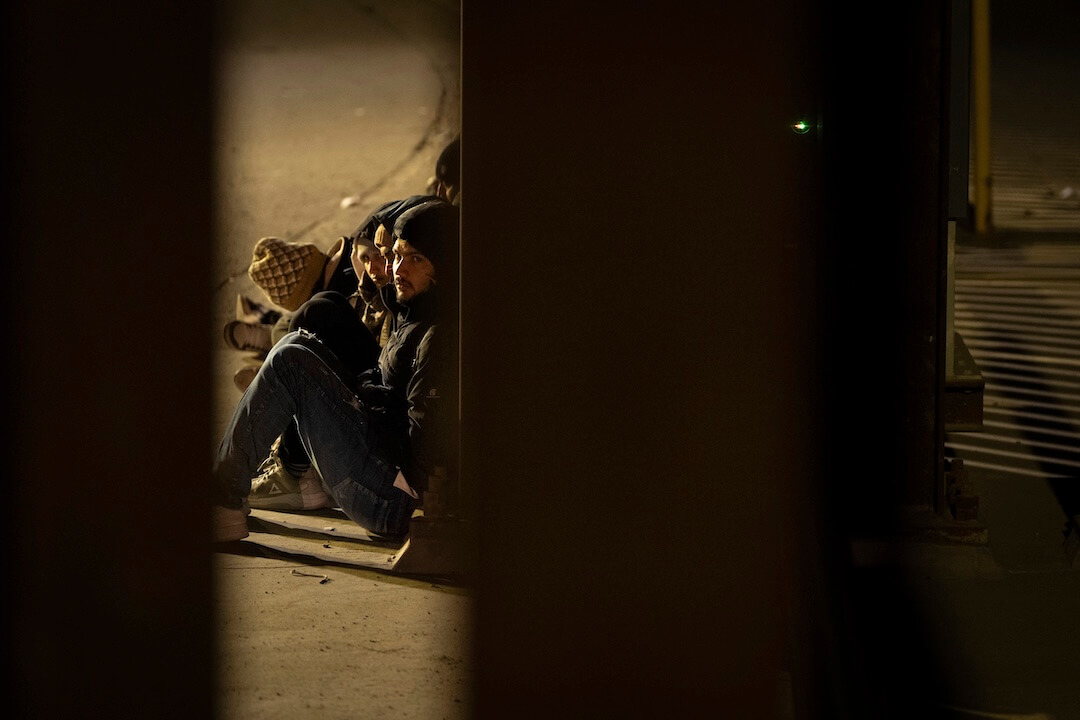According to two recent studies, giving people corrective information about economic and political issues helps change their inaccurate views — in spite of partisan beliefs. This research joins other recent publications to find that people are not impossible to fact-check.
The academic articles tackle the efficacy of corrections in two separate contexts: economic opinions in the United Kingdom and historical misperceptions about the Israeli-Palestinian conflict.
The most recent study, co-authored by Brendan Nyhan at Dartmouth College and Thomas Zeitzoff at American University, seeks to explain whether or not corrective information affects the views Jewish Israelis hold about the conflict with Palestine.
“We wanted to see why people believe these misperceptions and how effective corrective information might be in changing people’s minds,” Nyhan, a government professor at Dartmouth, told Poynter. “We were also interested whether feelings of a lack of control could contribute to beliefs in historical misperceptions, especially those with conspiratorial flavor.”
To do that, Nyhan and Zeitzoff randomized an experiment in which an online sample of 2,170 Jewish Israelis ages 18 or older either received solely an extremist message, which denied Israeli wrongdoing in the 1948 Palestinian exodus, or that message plus corrective information about the conflict.
They also randomized participants’ feelings of high or low control by supplying them with different writing prompts in order to see how psychology affects the strength of misperceptions. Participants were asked to write brief essays about times when they felt they had a lot or little control over events. The hypothesis was that when we feel not in control, we are less certain of why events happen, and look to alternative explanations.
Overall, the findings were encouraging for fact-checkers. While the proportion of denialist Jewish Israelis increased by 8 percent from the baseline to the low control, uncorrected condition, the prevalence of denialism decreased by between 5 and 11 percent for the inverse conditions.
“When people are experimentally induced to feel a lack of control, they’re more vulnerable to the denialist message. (But) the corrective information is quite effective,” Nyhan said. “That’s a reassuring and encouraging finding that the effect of the correction is significant — and it’s significant regardless of whether people had feelings of low or high control.”

Those findings have important ramifications for how policymakers and journalists think about changing political attitudes. Zeitzoff told Poynter that the study could likely be extrapolated to other global conflicts where historical revisionism is at play, and it has one key takeaway for journalists who are covering them: Don’t take history for granted. Fact-check it.
“I think there’s a tendency to treat history as basically being the driver of the conflict,” he said. “You can change people’s attitudes on these kinds of historical instances where one group victimizes another group.”
Despite the findings, there are some limitations to the study. Nyhan said he wishes they could have tested other relevant groups, such as Palestinians in the West Bank. It would also be interesting to test the study’s findings in post-conflict societies to see if they hold up, he said.
And while corrective information did change Jewish Israelis’ historical misperceptions about the conflict with Palestine, it wasn’t successful in altering their overall views of Palestinians or the peace process in general — a result that’s echoed in another study on the power of corrections.
In “Facing up to the facts: What causes economic perceptions?”, published last month, researchers at the University of Essex, the LSE and the University of Oxford used surveys of the British electorate and economic data to determine how people’s perceptions of the economy are affected by partisanship and corrective information.
Catherine de Vries, a politics professor at the University of Essex and co-author of the article, said it builds on past research about how citizens tend to be more optimistic about the economy when their own party is in power.
“What we really tried to do in this study is ask people about their perceptions of the economy,” she said.
The study did that by supplying people with past economic data, then asking them about what they think of the current state of the U.K. economy. The researchers found that while partisanship was a key part of how people viewed the economy in the U.K., most people’s economic perceptions were rooted in real economic changes, like job growth and unemployment.
And — most importantly — people who held inaccurate views of the economy generally changed them when presented with corrective information.
“People are updating their economic perceptions, they’re getting more truthful economic perceptions,” de Vries said. “However, what we then do find is that people who hold … very strong loyalties, they are less likely to do that.”
The essential results are similar to those posited by Nyhan and Zeitzoff’s work — corrections work, but only to a certain extent. And researchers are similarly unsure on whether their findings would apply in other contexts.
Since it only sampled citizens in the U.K., where politics have historically been dominated by two major parties, de Vries said it would be easy to extrapolate the study’s findings to the U.S., but harder to apply them to European countries, where coalition governments are more common. Additionally, she said it’s hard to generalize results from survey-based experiments, as opposed to interactive or group testing.
Despite the limitations, both studies provide some key takeaways for political fact-checkers and policymakers, while also adding to past research about how fact-checking changes minds but not voting preferences. And one of their most notable contributions to fact-checking literature is rooted in the fact that they’re not about the United States.
“One of the most important contributions is considering the effect of corrective information outside of the U.S. context,” Nyhan said. “Fact-checking is a global phenomenon and we need a global evidence base. We should be interested in misperceptions and conspiracy theories around the world.”







